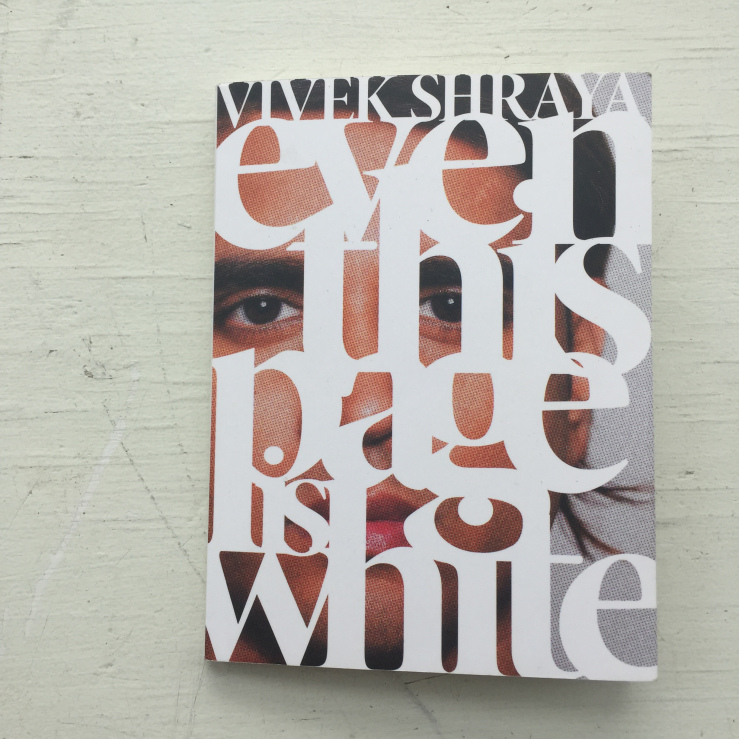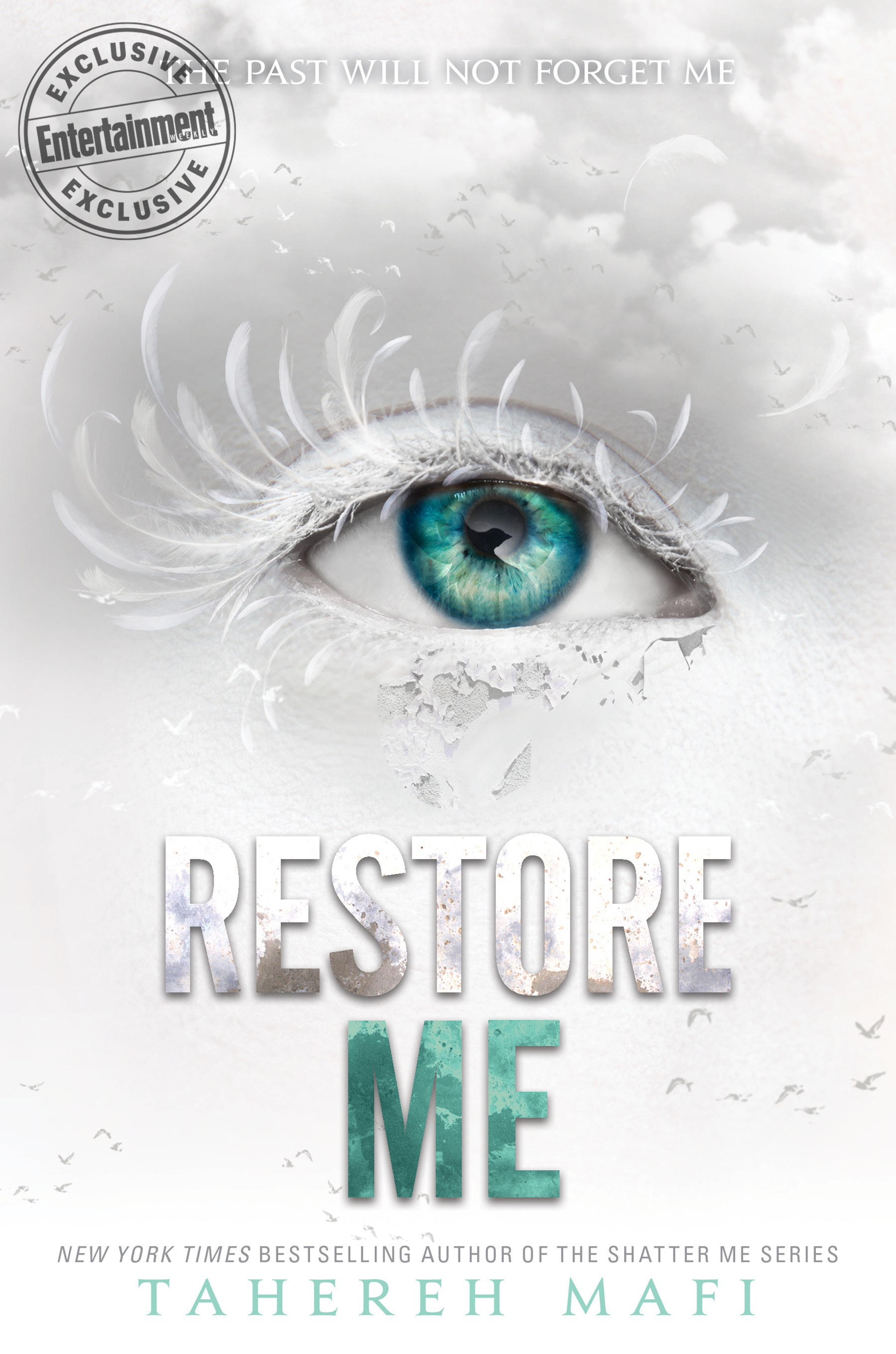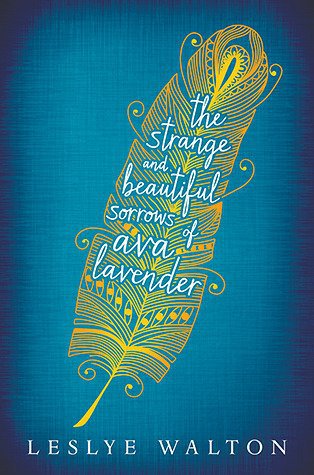
April was National Poetry Month, and I found myself (finally) turning back to reading more poetry. I read two excellent collections, one of which I want to review for you today. I confess to being a bit nervous about reviewing poetry: unlike a novel, I feel like the experience of a poem is highly subjective and personal. I’ll give you a very general review, and then point you to some other more experienced poetry reviewers, if you’d like to read more (or, you could just read the book!)
The Book: “Even This Page is White” by Vivek Shraya
What It’s About: These poems explore Shraya’s experience of racism and its intersections with gender and queer identity. She also highlights anti-black racism, and racism towards Indigenous peoples in Canada.
What I Thought: I found this book to be incredibly eye-opening, causing me to think deeper on issues that I’d only had a cursory understanding of before. Shraya writes about the racism present in the Canadian literary scene, as well as in her personal life, with language that is stark and accessible.
The poems are positioned in the lower corners of the pages, emphasizing the remaining white space but also marking it, changing it. In the opening poem “White Dreams”, she writes: “even/this page/is white/so I protest this page/mask it with words/words about being brown”.
The poems that follow include lists of the books on her lover’s shelf, found poems gleaned from comments on a petition to ban Kanye West from playing the closing ceremonies of the Pan Am games, from newspaper articles and interviews, and from another poet’s biography. One of my favourite pieces wasn’t a poem at all: titled “A Conversation with White Friends”, Shraya asks several friends questions on whiteness and white privilege. This piece has the epigraph: “because i still believe in the value of dialogue/and because white people listen to white people.” And to that end, I found the answers to be incredibly enlightening.
Reading this book, I felt grateful towards Vivek Shraya for bringing these words into the world, for teaching and informing me through them, and for reminding me that while it is important to be quiet and listen to the voices of marginalized folks, and to amplify those voices, it is also my job to call out (or call in) and educate other white people.
If you don’t usually read poetry, if you’re afraid of poetry, this book is for you. The poems are highly accomplished, yes, but also very accessible. They don’t make you “work” too hard to discern meaning, but they do lead you into deeper contemplation and understanding of racism and gender identity. I can’t recommend this poetry collection enough!
From the Book:
Cycle of Violence
without seeing a white cock i knew
my teenage penis was too dark
no patch of my brown body is safe
from white sovereignty not even between my legs
without means to under my over colour
i warned potential lovers:
i nicknamed it “oprah”
shifting shame into a joke about a black woman.
Further Reading:
Speaking Past Whiteness by Gwen Benaway
Learning to be Comfortable with Uncomfortable by Kyla Jamieson
Advertisements Share this:




